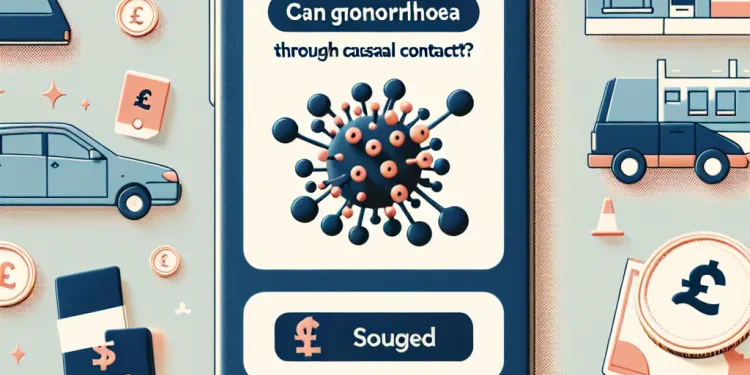
Find Help
More Items From Ergsy search
-
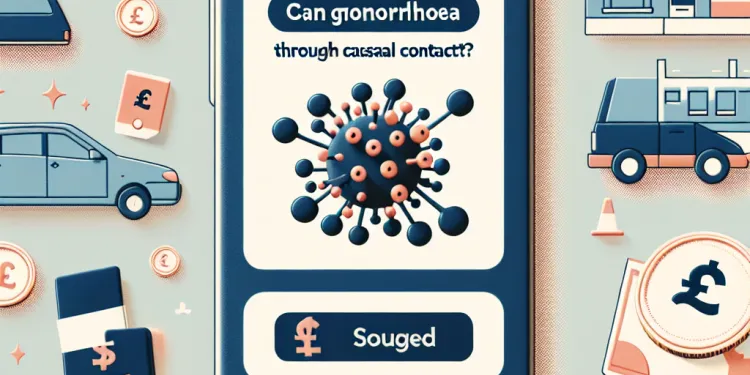
Can gonorrhoea be spread through casual contact?
Relevance: 100%
-

What is Gonorrhoea?
Relevance: 65%
-

How is gonorrhoea transmitted?
Relevance: 62%
-

Can gonorrhoea be prevented?
Relevance: 61%
-

Can gonorrhoea infect areas other than the genital organs?
Relevance: 55%
-

What should one do if they suspect they have gonorrhoea?
Relevance: 54%
-
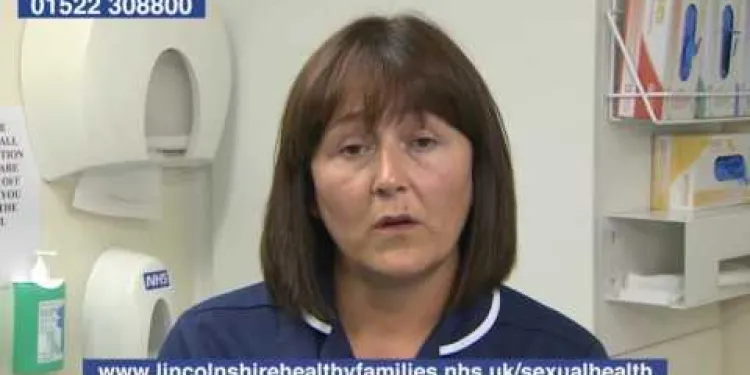
The symptoms of gonorrhoea
Relevance: 54%
-
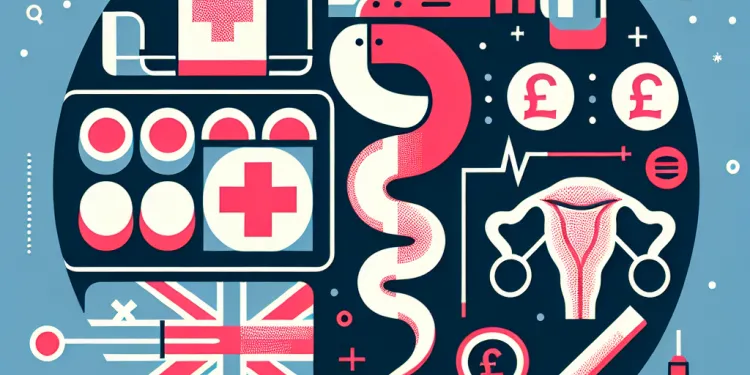
Can gonorrhoea be asymptomatic?
Relevance: 52%
-

How is gonorrhoea diagnosed?
Relevance: 51%
-

Is there a vaccine for gonorrhoea?
Relevance: 50%
-

Can you still get gonorrhoea after treatment?
Relevance: 49%
-

Are there any long-term effects of gonorrhoea?
Relevance: 49%
-

Why is antibiotic resistance a concern with gonorrhoea?
Relevance: 48%
-
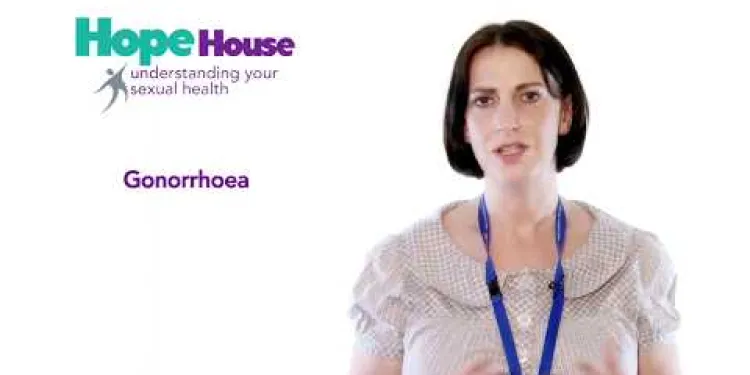
Understanding Your Sexual Health - Gonorrhoea
Relevance: 47%
-
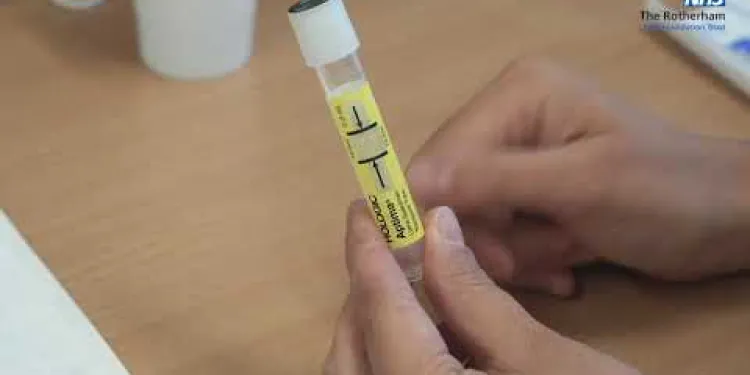
Urine test for Gonorrhoea and Chlamydia
Relevance: 47%
-
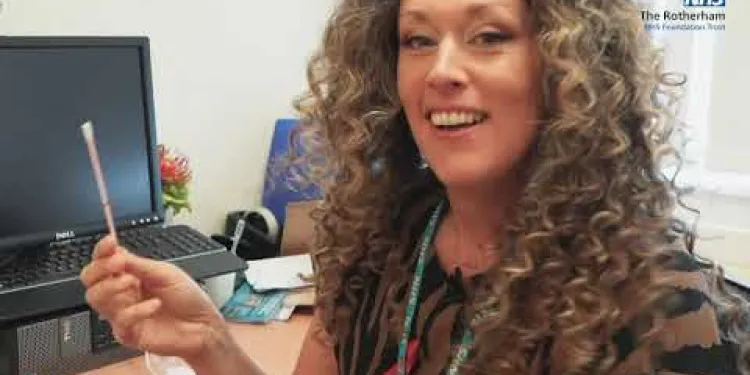
Pharyngeal swab for Gonorrhoea and Chlamydia
Relevance: 46%
-

Urine test for Gonorrhoea and Chlamydia
Relevance: 46%
-

What antibiotics are used to treat gonorrhoea?
Relevance: 46%
-
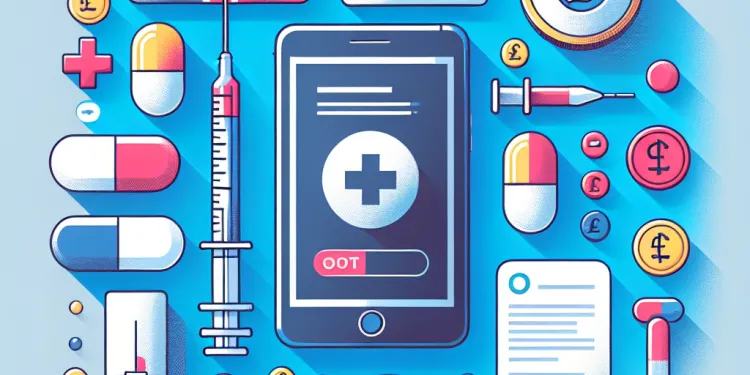
How often should one get tested for gonorrhoea?
Relevance: 44%
-
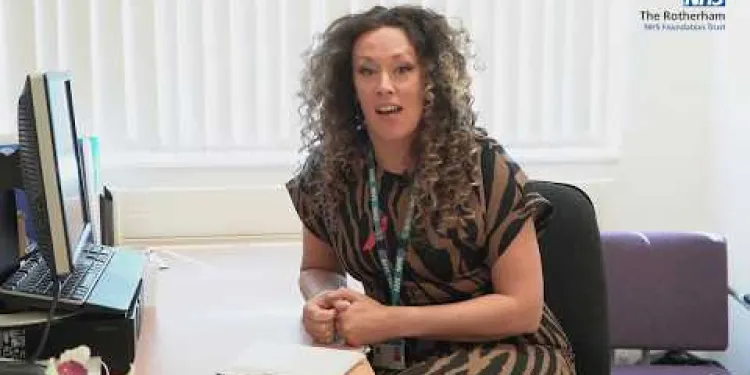
Vaginal Swab test for Gonorrhoea and Chlamydia
Relevance: 43%
-
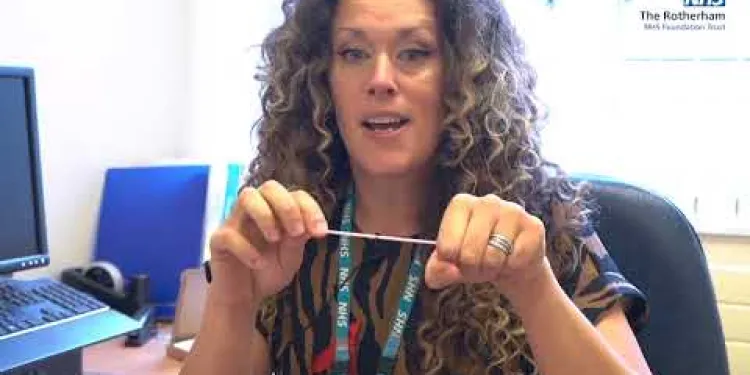
Rectal swab test for Gonorrhoea and Chlamydia
Relevance: 43%
-
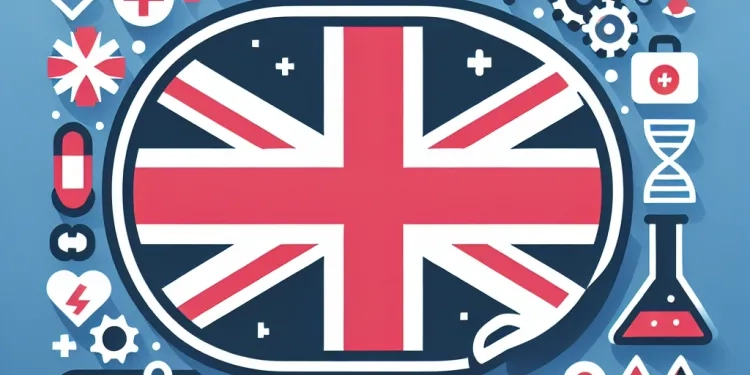
Can HIV be transmitted through casual contact?
Relevance: 39%
-
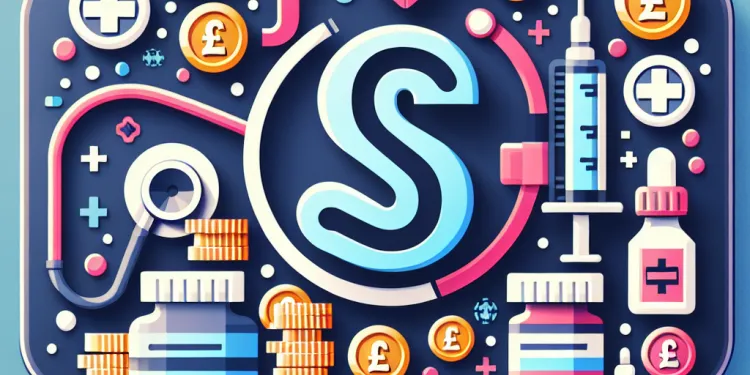
Is gonorrhoea treatable?
Relevance: 37%
-
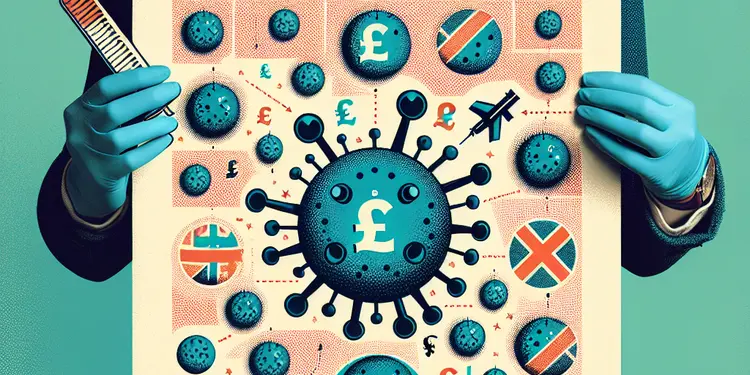
How is measles spread?
Relevance: 37%
-
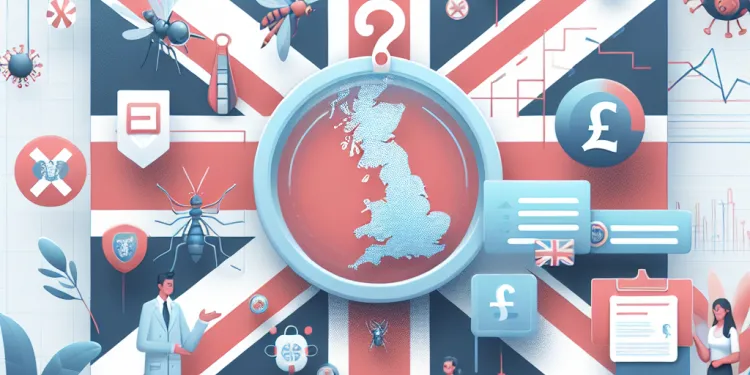
Can Zika virus be spread from person to person in the UK?
Relevance: 35%
-

How is norovirus spread?
Relevance: 34%
-
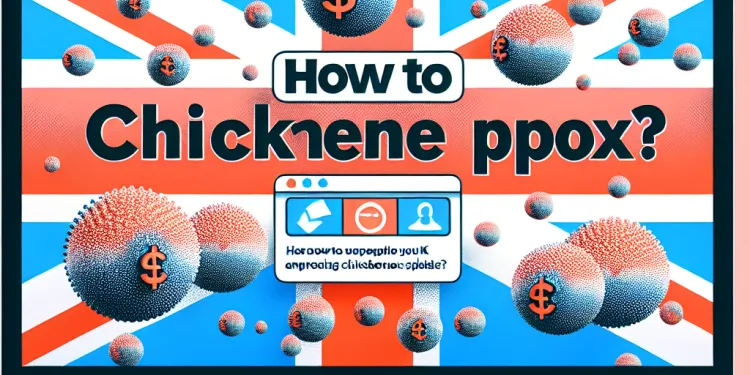
How is chickenpox spread?
Relevance: 34%
-
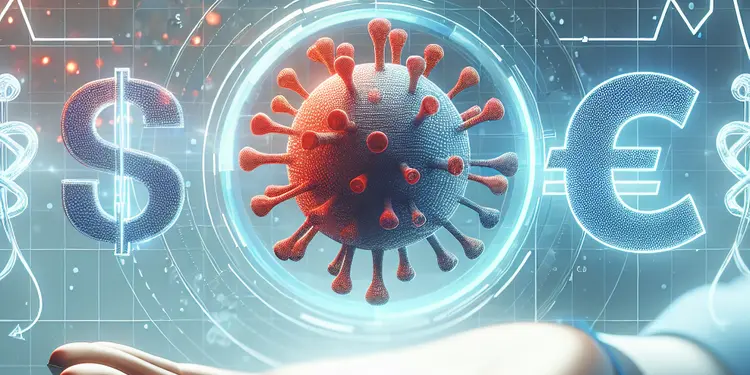
How is viral meningitis spread?
Relevance: 34%
-

Can HPV be spread through non-sexual contact?
Relevance: 32%
-

How can I prevent the spread of impetigo?
Relevance: 32%
-
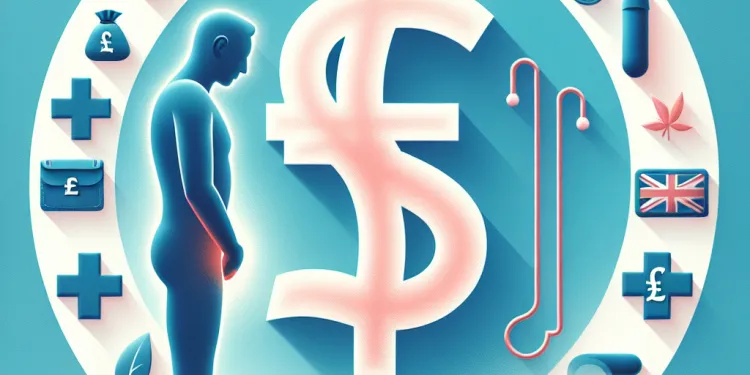
Can gonorrhoea cause complications if left untreated?
Relevance: 31%
-
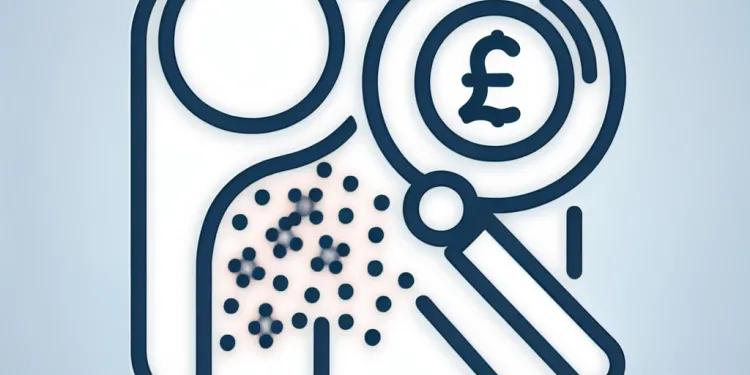
Can impetigo spread to other parts of my body?
Relevance: 30%
-
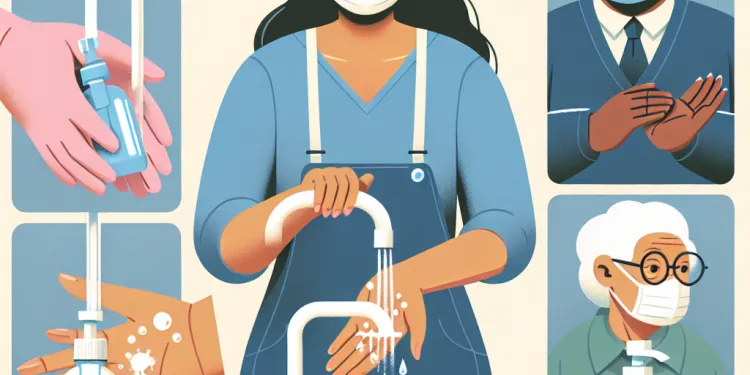
How can I prevent spreading my cold to others?
Relevance: 30%
-

Is malaria spread by mosquitoes in the UK?
Relevance: 30%
-

Can animals spread scabies to humans?
Relevance: 30%
-

Why do some variants spread more easily?
Relevance: 27%
-

What is 'the clap'?
Relevance: 27%
-

How does flesh-eating disease spread?
Relevance: 27%
-

What is the risk of my contacts being compromised if my email is hacked?
Relevance: 27%
-

Is there a risk of global spread if measles cases rise in the UK?
Relevance: 27%
Understanding Gonorrhoea
Gonorrhoea is a sexually transmitted infection (STI) caused by the bacterium Neisseria gonorrhoeae. It primarily affects the mucous membranes of the genitals, but it can also infect the throat, eyes, and rectum. The infection is quite common, particularly among young people aged 15 to 24.
Transmission of Gonorrhoea
Gonorrhoea is transmitted through sexual contact with an infected person. This includes vaginal, anal, and oral sex. The bacteria are spread through contact with the infected person’s bodily fluids. It is important to note that gonorrhoea can infect both men and women, and individuals can be reinfected if exposed again in the future.
Can Gonorrhoea Be Spread Through Casual Contact?
No, gonorrhoea cannot be spread through casual contact. The infection cannot be transmitted by sharing toilets, bathrooms, swimming pools, or through simple physical interactions like hugging, kissing, or sharing utensils. The bacteria do not survive well outside the human body, making non-sexual transmission highly unlikely.
Preventing Gonorrhoea
Preventing gonorrhoea involves being informed and practising safe sex methods. The consistent and correct use of condoms during sex significantly reduces the risk of contracting or spreading gonorrhoea. Limiting the number of sexual partners and having open discussions about STIs with partners can also help reduce the risk of infection.
Testing and Treatment
Regular testing is crucial for those who are sexually active, particularly for individuals with multiple partners or those who engage in unprotected sex. Testing for gonorrhoea involves a simple swab or urine sample. If diagnosed early, gonorrhoea is usually treatable with antibiotics. However, some strains of the bacteria have become resistant to medications, making early detection and treatment essential.
Public Health and Awareness
In the UK, the NHS provides information and resources for those seeking help with STIs like gonorrhoea. Public health campaigns aim to increase awareness and encourage regular testing, especially among young people. If you suspect you might have an STI, it is important to visit a GP, sexual health clinic, or use online STI services for advice and testing.
When to Seek Medical Advice
If you experience symptoms such as unusual discharge, pain during urination, or pain in the lower abdomen, it is advised to seek medical attention promptly. Early diagnosis and treatment help prevent complications and reduce the risk of spreading the infection to others.
What is Gonorrhoea?
Gonorrhoea is a sickness you can catch from having sex. It's caused by germs called bacteria. These germs can affect your private parts, but they can also get into your throat, eyes, and bottom. Many young people between 15 and 24 years old catch it.
How Do You Get Gonorrhoea?
You can get gonorrhoea by having sex with someone who has it. This includes different kinds of sex, like vaginal, anal, and oral sex. The germs spread through body fluids. Both boys and girls can get and spread gonorrhoea. You can get it again if you're not careful.
Can You Get Gonorrhoea Without Touching?
No, you can't get gonorrhoea just by touching things. You won't catch it from toilets, baths, or swimming pools. You also won't get it from hugs, kisses, or sharing things like forks and spoons. The germs don't live long outside the body.
How to Stop Gonorrhoea?
To avoid gonorrhoea, learn about it and stay safe during sex. Always use condoms the right way. This helps protect you from the germs. Having fewer partners and talking about STIs with them can also help keep you safe.
Getting Tested and Treated
If you have sex, especially with more than one person, get tested often. Testing is simple. Doctors use a small swab or ask for a pee sample. If you catch gonorrhoea early, doctors can usually cure it with medicine. Some germs have become harder to kill, so getting treated early is very important.
Learning More and Staying Healthy
In the UK, the NHS gives help and information about gonorrhoea. They have campaigns to teach people and encourage testing, especially for young people. If you think you have an STI, go to a doctor, sexual health clinic, or use special services online to get advice and tested.
When to See a Doctor
If something feels wrong, like unusual fluid, pain when you pee, or tummy pain, see a doctor soon. Getting checked quickly can stop you from getting sicker and stop spreading it to others.
Frequently Asked Questions
Useful Links
Have you found an error, or do you have a link or some information you would like to share? Please let us know using the form below.
-->
This website offers general information and is not a substitute for professional advice.
Always seek guidance from qualified professionals.
If you have any medical concerns or need urgent help, contact a healthcare professional or emergency services immediately.
Some of this content was generated with AI assistance. We’ve done our best to keep it accurate, helpful, and human-friendly.
- Ergsy carfully checks the information in the videos we provide here.
- Videos shown by Youtube after a video has completed, have NOT been reviewed by ERGSY.
- To view, click the arrow in centre of video.
- Most of the videos you find here will have subtitles and/or closed captions available.
- You may need to turn these on, and choose your preferred language.
- Go to the video you'd like to watch.
- If closed captions (CC) are available, settings will be visible on the bottom right of the video player.
- To turn on Captions, click settings .
- To turn off Captions, click settings again.
More Items From Ergsy search
-

Can gonorrhoea be spread through casual contact?
Relevance: 100%
-

What is Gonorrhoea?
Relevance: 65%
-

How is gonorrhoea transmitted?
Relevance: 62%
-

Can gonorrhoea be prevented?
Relevance: 61%
-

Can gonorrhoea infect areas other than the genital organs?
Relevance: 55%
-

What should one do if they suspect they have gonorrhoea?
Relevance: 54%
-

The symptoms of gonorrhoea
Relevance: 54%
-

Can gonorrhoea be asymptomatic?
Relevance: 52%
-

How is gonorrhoea diagnosed?
Relevance: 51%
-

Is there a vaccine for gonorrhoea?
Relevance: 50%
-

Can you still get gonorrhoea after treatment?
Relevance: 49%
-

Are there any long-term effects of gonorrhoea?
Relevance: 49%
-

Why is antibiotic resistance a concern with gonorrhoea?
Relevance: 48%
-

Understanding Your Sexual Health - Gonorrhoea
Relevance: 47%
-

Urine test for Gonorrhoea and Chlamydia
Relevance: 47%
-

Pharyngeal swab for Gonorrhoea and Chlamydia
Relevance: 46%
-

Urine test for Gonorrhoea and Chlamydia
Relevance: 46%
-

What antibiotics are used to treat gonorrhoea?
Relevance: 46%
-

How often should one get tested for gonorrhoea?
Relevance: 44%
-

Vaginal Swab test for Gonorrhoea and Chlamydia
Relevance: 43%
-

Rectal swab test for Gonorrhoea and Chlamydia
Relevance: 43%
-

Can HIV be transmitted through casual contact?
Relevance: 39%
-

Is gonorrhoea treatable?
Relevance: 37%
-

How is measles spread?
Relevance: 37%
-

Can Zika virus be spread from person to person in the UK?
Relevance: 35%
-

How is norovirus spread?
Relevance: 34%
-

How is chickenpox spread?
Relevance: 34%
-

How is viral meningitis spread?
Relevance: 34%
-

Can HPV be spread through non-sexual contact?
Relevance: 32%
-

How can I prevent the spread of impetigo?
Relevance: 32%
-

Can gonorrhoea cause complications if left untreated?
Relevance: 31%
-

Can impetigo spread to other parts of my body?
Relevance: 30%
-

How can I prevent spreading my cold to others?
Relevance: 30%
-

Is malaria spread by mosquitoes in the UK?
Relevance: 30%
-

Can animals spread scabies to humans?
Relevance: 30%
-

Why do some variants spread more easily?
Relevance: 27%
-

What is 'the clap'?
Relevance: 27%
-

How does flesh-eating disease spread?
Relevance: 27%
-

What is the risk of my contacts being compromised if my email is hacked?
Relevance: 27%
-

Is there a risk of global spread if measles cases rise in the UK?
Relevance: 27%


